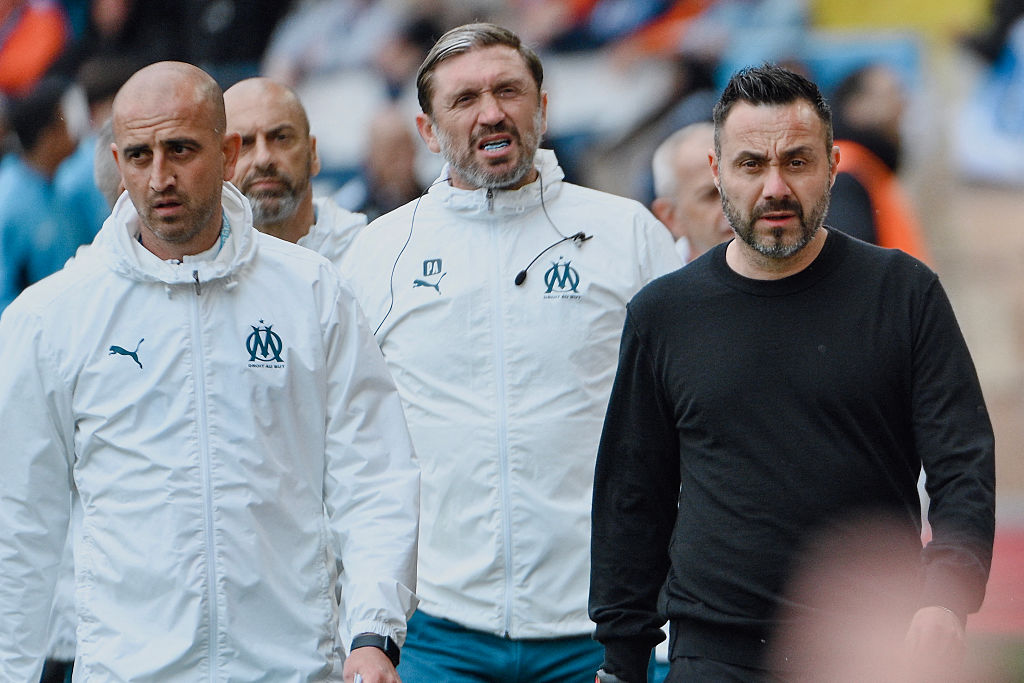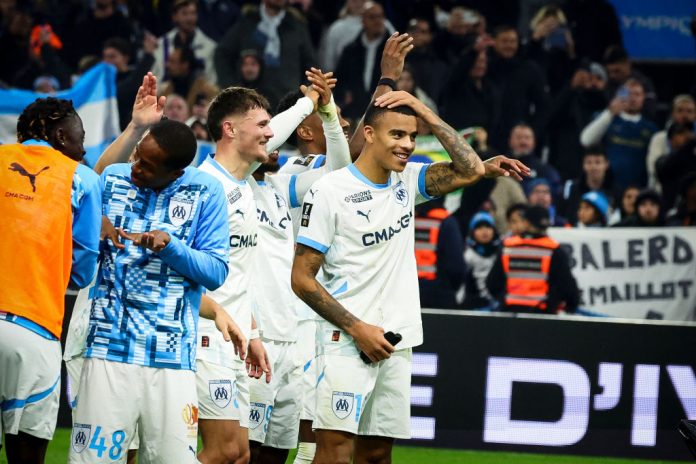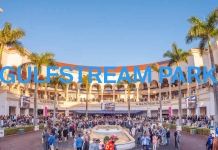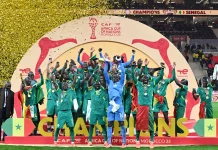As one of the most iconic and traditional football clubs in Europe, Olympique Marseille is undergoing a quiet revolution that could redefine its identity and global appeal.
Marseille finished the 2024–25 Ligue 1 season in second place behind Paris Saint-Germain, which automatically secures their return to the UEFA Champions League. However, it is the club’s activities off the pitch that signal a deeper, strategic shift.
At the heart of the restructuring is an emerging English revolution, a cultural transformation reshaping the face and future of Marseille.
Historically, Ligue 1 has not been the most accessible league for English-speaking audiences but Marseille seems determined to change with its recent transfer deals.
The arrival of English players at the Velodrome, coupled with the presence of a coach in De Zerbi who speaks fluent English and understands global football dynamics, has boosted media interest from the US, UK and abroad.
This is no coincidence as club president Pablo Longoria, alongside sporting director Medhi Benatia and newly-appointed Director General, Alessandro Antonello (formerly Inter Milan CEO) are orchestrating a long-term vision to globalise the Marseille’s brand.
The English revolution isn’t just a football strategy, it is a marketing and cultural initiative aimed at expanding the club’s global fanbase, especially in English-speaking territories.
Marseille, a Mediterranean jewel, is already a well-established international tourist destination with a rich heritage and diversity.
With this infusion of English football, the Olympians aim to attract more foreign fans, media attention, and commercial opportunities, particularly in the UK and the United States.
The club understands that football is as much about global storytelling as it is about local success, a major challenge faced in the media rights row between the French league authorities (LFP) and a global streaming platform (DAZN).
From a business perspective, the recruitment of English players opens new revenue streams.
Marseille merchandise sales in the UK are already showing signs of growth, while social media engagement from English-speaking fans has increased.
With broadcast rights becoming more global and fans following players across borders rather than just clubs, Marseille is positioning itself as a new darling for those seeking a club with passion, heritage, and now, a familiar roster.
A new tactical approach
The presence of English players in Ligue 1 is still relatively low compared to Spain, Italy, or Germany but Marseille are leveraging on a first-mover advantage in French football by building bridges with Premier League audience.
As things stand under De Zerbi at the Velodrome, the Olympians are running a hybrid identity which is not about abandoning its longstanding tradition but reimagining it for a modern football ecosystem.
The former Brighton & Hove Albion manager has adopted a progressive and bold tactical philosophy at Marseille which include quick transitions, positional play and a counter-attacking approach.
The result of the tactical switch made Marseille the second-highest team in the Ligue 1 behind PSG while Greenwood became the joint-top scorer with Ousmane Dembele.
Familiar English roster
However, there is more to Marseille’s evolution than tactics, as recruitment strategy draws further attention.
The inclusion of young, dynamic players from various backgrounds adds to that narrative with two former Manchester United stars, Mason Greenwood and Angel Gomes set to link up for the 2025-26 season.
Sports Talk Florida can confirm that Gomes will move to southern France on a free transfer when his deal at Lille expires at the end of June.
It is undeniable that Greenwood’s seamless adaptation to French football and robust work ethic have opened the gates for other English talents to follow suit.
Gomes’ creative spark in the midfield is expected to bolster Marseille’s squad depth ahead of a demanding campaign as well as increasing the English influence in the dressing room.
CJ Egan-Riley is another interesting English talent, born in Manchester, who has joined De Zerbi’s project in Marseille this summer after playing a vital role in Burnley’s Championship-winning campaign.
The former Manchester City youngster brings defensive versatility and reinforced strength to the Olympians’ set-up while Jonathan Rowe will continue his professional career in Marseille after impressing the club management during his season-long loan stint from Norwich City last campaign.
Marseille’s recent acquisitions aren’t isolated as they are part of a calculated recruitment blueprint that taps into the Premier League and English football talent pool.
The shift is deliberate, and the impact could be seismic as Marseille’s future looks brighter, bolder, and more international than ever before.

Improved visibility & more commercial deals
While the English revolution is the focal point, it is crucial to understand that it’s being woven into the club’s broader fabric.
Marseille has long prided itself on being a club of the people, a representation of the city’s multi-cultural identity and rebellious spirit.
This could spark partnerships with British media, international sponsors, and streaming platforms looking to tap into a dynamic, multicultural team in a major European league.
Recent appointments at board level, particularly Alessandro Antonello, suggest a club thinking bigger than the French Ligue 1.
Marseille is aiming to become a European powerhouse again, and aligning with English football culture may be one of the smartest moves in that direction.
The 1993 UEFA Champions League winners are doing something few clubs dare to attempt which is merging the cultural weight of a historic club with the commercial savviness and media appeal of English football.
It is more than just signing players from England; it’s about reshaping identity, broadening horizons and repositioning Marseille as a truly global club.
The English revolution is beyond the names on the team sheet as it encapsulates how the city of Marseille itself is opening its arms to a wider world.







